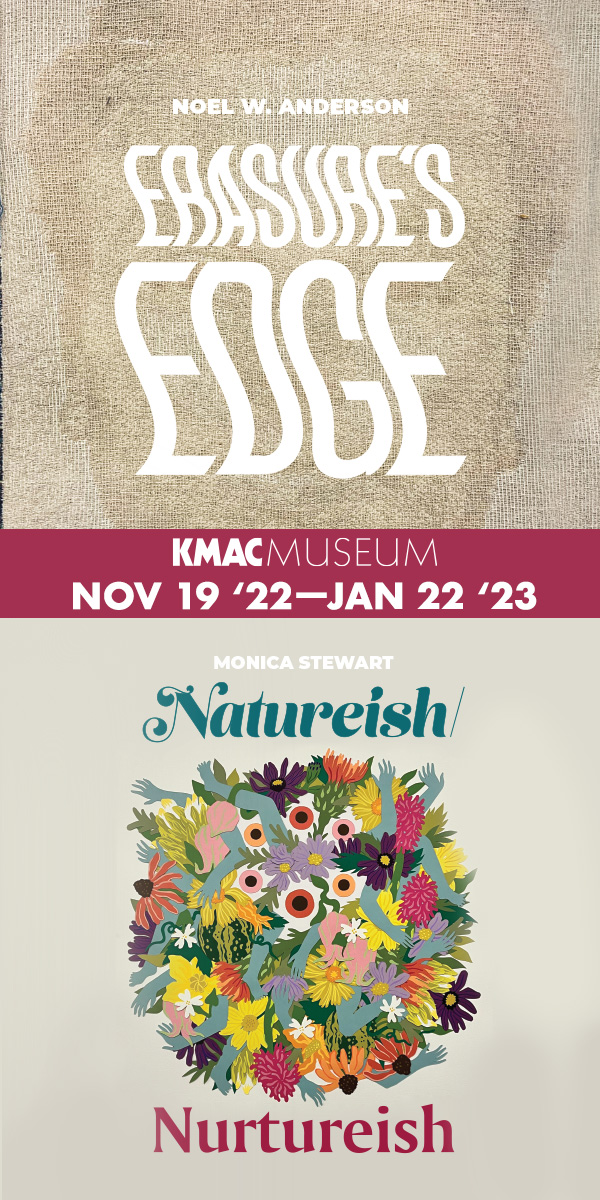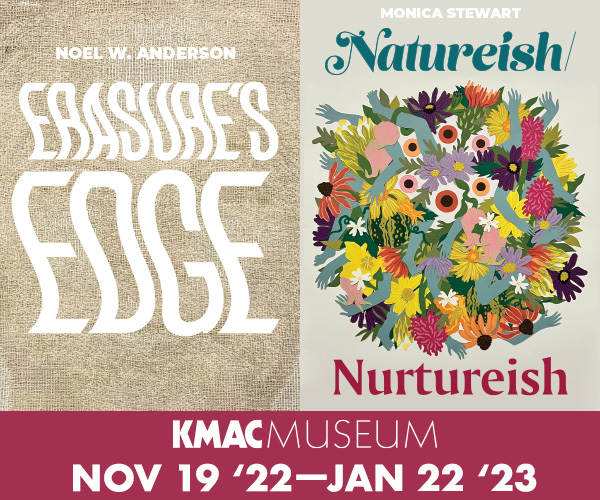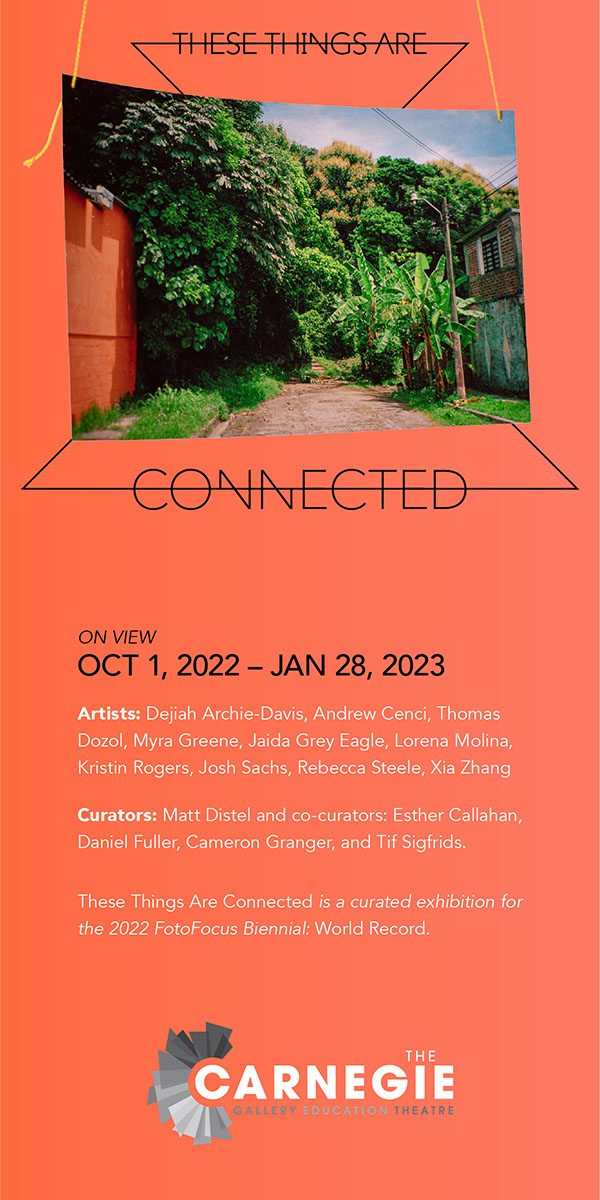Whether you’re into musicals or not, Rodgers and Hammerstein is pretty hard to beat. South Pacific, which first appeared on Broadway in 1949, represents a definite high point in the duo’s efforts, with many well-known numbers and sets.
When the University of Kentucky Opera Theatre decided on South Pacific for part of its season, it was done with much community and patron support. Dr. Everett McCorvey, who is the Director of UK Opera Theatre and largely responsible for bringing the Department to worldwide attention, shares with us in the following hinterview the reason South Pacific was chosen and the many factors that go into making an outstanding opera theatre company.
CS: Â Â South Pacific. Good, strong musical theatre.
EM:  We’re starting to highlight “classical†musicals, because the reality is a lot of students are doing crossovers. We’ll have the greatest impact as a young artist training program.
CS:   Aside from creating a great evening, that’s really the bottom line, isn’t it?  That the students get what they need to be successful.
EM: Â Absolutely. We have students that are performing on Broadway, on TV.
The goal is to graduate singers who can work. We can’t overlook musical theatre, and just be classical opera, as Broadway is doing is very well. When we did Phantom of the Opera a few years ago, it was a huge success. We broke all the records at the Lexington Opera House. Then we did Les Misérables, then Sweeney Todd, and now South Pacific. We have to apply for the right from the companies to present these shows, so that becomes a factor as well.
CS: Â Â Is this a trend for opera companies, blending musicals and operas in their seasons?
EM:  If you look at opera companies around the country, they’re doing the same thing.
CS: Â Â How are the roles chosen from the student body?
EM:  We look in our program to see who’s ready to be featured and be on the big stage. We’re the opera company for the city, not just the university, so we have a big obligation regarding quality assurance. On the one side, we take our patrons very seriously and want to offer the best; we knew we had enough singers to fill South Pacific and it would be an exciting show for the public.
CS: Â Â How big is the production?
EM:  It’s a great cast of about 40 singers and and orchestra of about 40. We’re using the set that was built for the South Pacific revival, which was used at the Lincoln Center in New York. Young people go to Broadway to see these shows more than they do pure opera these days. Opera companies are trying to engage the young people; we want them to attend the productions, otherwise it’s difficult for the art form to survive.
CS: Â Â So this same phenomenon is definitely happening in other places?
EM:  In the next 10-12 years I predict opera companies will take over doing musicals and the other stuff. What’s interesting is that most of the shows that come back to Broadway are revivals; there are very few new shows.
South Pacific ran for almost 2000 performances after premiering in 1949. James. A. Michener wrote the book, Tales of the South Pacific, which won the Pulitzer Prize in 1947 and became the germ of South Pacific, the musical. There have been many revivals and offshoots from the original, including a very successful 2008 Broadway revival.
CS: Â Â How long or will this way of mixing musical theatre and opera continue?
EM:  The mission of our program is to be the best training program in the country. That being said, it’s important to me that we stay current. We are trending and trying to be a part of this new paradigm that is happening to American Musical Theatre. We will still do traditional opera as students must still be trained in this repertoire.
CS: Â Â How many are currently in the program at UK?
EM: Â About 133 in the Voice Program. 80-90 are undergraduates and 30-40 are graduates. We recruit from all over the world for our people.
CS:   So, when it comes time to sit down and roundtable about upcoming shows, what will teach the most and who you have in the student body become hot topics.
EM:  Of course. We vote on which shows are done. These include people who are voice teachers and voice coaches. We look at what stock we have and whether or not the show will work. We’re already talking about shows for the next year and the year after.
CS: Â Â Tell me more about the cast of South Pacific.
EM:  Jenna Day, who was the former Miss Kentucky, plays Nellie Forbush. This was a role originated by Larry Hagman’s mother, Mary Martin, in the late 1940s. André Campelo plays Emile de Becque, a French ex-patriot. He plays it beautifully and has a great accent to go with it. For South Pacific, the challenge is that there is a lot of dialogue, and the singers have to be able to grab the nuances of the language. Typically for operas, they are played by people 35-50 years old, so we also have a decent age range of students between the undergraduate and graduate programs.
“Bali Ha’i,†“I’m Gonna Wash That Man Right Outa My Hair,†“Some Enchanted Evening,†“There Is Nothing Like a Dame,†“Happy Talk,†“Younger Than Springtime†and “I’m in Love with a Wonderful Guy,†are all well-known and oft-performed pieces from South Pacific. Following is a link to a Mary Martin televised London performance from 1952:
https://www.youtube.com/watch?v=lF6q298w5oo
CS:   It seems that students have to be more and more versatile in today’s world to be able to work; I’m sure competition is as thick or thicker today, yes?
EM:  Companies need these all-around arts people. People like Kelly O’Hare, who is making her Metropolitan Opera debut. The reality is the producers need the best performer, it doesn’t matter the particular skill; many skills are preferred. We’re looking at a more joint musical theatre program. Merged costume companies. We’re looking very hard at how we can collaborate, so we can serve the needs of the students. Once again, We want to ensure our graduates work when they get out. Ironically, they sometimes are our best recruiters.
CS: Â Â Case in point?
EM: Â Reginald Smith Jr. Earlier this year he won the Metropolitan Opera National Council Auditions. People see these awards and events on Facebook and Youtube and they seep into the public awareness. This includes, of course, potential students watching online and researching the best schools where they can hone their talents to eventually get work in the field they want.
CS: Â Â Do you feel recruitment is a big issue at UK?
EM:  Alltech offers a big competition that recruits from everywhere and we bring in all kinds of people. They’ll send students to do concerts. Recruitment’s a big concern for any school, but it’s the usual deal: when big decisions have to be made for programs to be cut, the fine arts are always first. Ahead of the sciences, business and especially sports.
CS: Â Â It seems that people are not weaned on the arts in the same way as the others you mentioned.
EM:  We work towards this with the young people so we develop arts appreciation into something else. Babies leave the hospital in UK basketball jerseys; fans are developed very purposely. We have Bourbon, horses, basketball and opera!
CS: Â Â Patrons seem ready and eager to support.
EM:  Philanthropy in Lexington is at an all time high. I’m talking about individuals, not companies necessarily. They want to see UK at the top and they’re willing to support.
CS:   It seems opera at the University and State level has come so far, particularly since you’ve taken the helm. Many people agree. It’s not hyperbole.
EM:  It’s a collective effort, of course. I’m glad we’re growing in the right direction, growing students to their potentials and their employability.
CS: Â Â With so many success stories, it seems that growth has been a constant factor over the last 15 years.
EM:  Definitely. The Richard Tucker Foundation publishes a list of companies each year that are the top in their field, and we were listed in that recently, which gave me a real thrill. We’re doing the right thing for our growth and our students.
CS:   Dr. McCorvey, as ever, it’s been wonderful talking with you.
EM: Â Yes, thank you.
You can go to the Lexington Opera House website, where you will find info on South Pacific, tickets, and more on the seasons for the UK Opera Theatre and the Lexington Opera House.
http://www.lexingtonoperahouse.com/events/detail/uk-south-pacific
Photos by Philip Groshong Photography. AKA ‘Photo Phil’.
[SlideDeck2 id=6220 ress=1]




